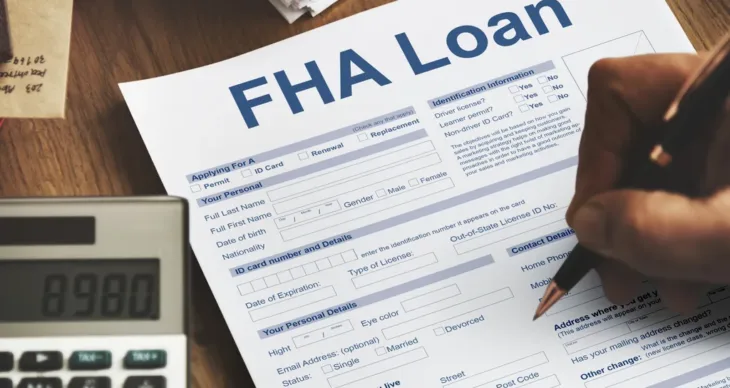Becoming a homeowner is a great achievement for many Americans. If you are a first-time homebuyer, it’s important to explore all your options for financing the purchase of a home. Millions of home buyers use FHA loans to purchase the home of their dreams. This type of home loan is secured by the federal government, which protects mortgage lenders from losing money if a buyer stops paying his or her mortgage. In turn, lenders offer these loans with less strict requirements and easier qualifications.
While FHA loans are great for first-time buyers, they benefit other types of borrowers as well. They do not require a large down payment and are accessible with less-than-stellar credit. They may even have lower mortgage rates, depending on the lender and the borrower’s financial details.
The FHA home loan program is run by the Federal Housing Authority, or FHA. The FHA does not provide these loans; mortgage lenders provide the loans, and the FHA insures the lender in the event a borrower defaults on his or her mortgage.
Whether you are a first-time homebuyer or a seasoned real estate aficionado, it is important to understand all your options for getting a home loan. FHA loans carry many benefits for all types of home buyers, but some individuals may be better off with a different type of mortgage.
Are you considering an FHA loan? Here are a few key perks of financing a home using an FHA mortgage:
· Lower down payment. Conventional home loans require you to make a down payment of anywhere between 10 and 20 percent of the total cost of the home. FHA loans, on the other hand, usually only require between a 3.5 and 5 percent down payment, potentially saving you thousands of dollars upfront. The rest of the money is wrapped into the loan and divided into monthly payments.
· Bad credit? No problem. You may be able to purchase a home even if you have lower-than-average credit. Traditional mortgages typically require borrowers to have scores of at least 620. FHA loans are more lenient with credit requirements; most lenders will accept scores as low as 500.
· Lower mortgage rates. Home loan rates vary depending on the type of loan you secure. Interest is charged to borrowers in exchange for lenders providing up-front funding for the purchase of a home. FHA loans often have lower rates than conventional mortgages, some as low as 3 percent.
By Admin –
